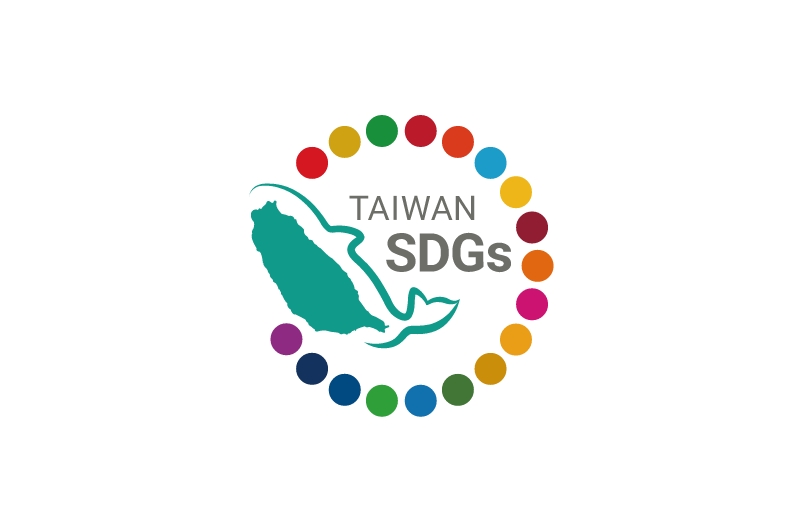
Asia-Pacific Economic Cooperation (APEC), established in 1989 aiming at promoting economic prosperity in the Asia-Pacific region through mutual respect and open policy dialogue among economies, is an international intergovernmental organization in which all members participate as economies. The APEC Finance Ministers’ Process (FMP) meetings in which the MOF mainly participates include Finance Ministers' Meeting (FMM), Finance and Central Bank Deputies’ Meeting (FCBDM), Senior Finance Officials' Meeting (SFOM), and other related workshops. In the FMP meetings, the MOF has been actively sharing our experiences on the promotion and implementation of our policies for many years in an attempt to show our specific contribution, the MOF said.
The MOF pointed out that Thailand, as the host economy for this year, has set Sustainable Finance and Digitalization for Digital Economy as the priorities for FMP for 2022. The APEC FCBDM which came first was held visually. The delegation to the FCBDM, consisting of officials from the MOF, the Central Bank, the Financial Supervisory Commission, and the Ministry of Foreign Affairs, was led by Mr. Ching-Hwa Juan, the Political Deputy Minister of the MOF, and Mr. Nan-Kuang Chen, Deputy Governor of the Central Bank. In the meeting, economies discussed the topic of Global and Regional Economic Outlook and the two priorities. The gist of the meeting was as follows:
1.Economies and international organizations shared views on the progress of recovery in the post-COVID-19 era, and on both global and regional development. The attendees were aware of the need to zero in on solutions to the variant virus which brought about the current unstable situation, as well as on the issues of supply chain disruption and inflation caused by geopolitical tensions. Our delegation shared information on domestic economic growth and supporting policies for the recovery of Micro, Small, and Medium Enterprises (MSMEs), and highlighted that we will continue to monitor the global economic conditions including inflation so as to respond rapidly.
2.Regarding implementing relevant policies and measures to promote sustainable finance in the post-COVID-19 era, APEC economies stated that it is essential to develop a financial supervisory framework and enhance capacity building. To tackle climate change, economies should invariably undertake energy transition and build climate resilience adaptation with an aim to foster clean energy and net zero carbon emissions. Our delegation shared our progress after implementing the Green Finance Action Plan, and stated that, being aware of the trend of the EU’s Carbon Border Adjustment Mechanism (CBAM), we rolled out an amendment to the relevant laws that were proposed in response.
3.Economies and international organizations at the meeting recognized the importance of promoting the digitalization for relevant policies and measures in the post COVID-19 era. Digital tools can be used in the implementation of fiscal policy or the provision of financial services with the aims of strengthening government service and enhancing financial inclusion. We demonstrated our experience with the promotion and implemention of fiscal policies by digitalization to bring about our pandemic prevention, relief, and stimulus policy packages to effectively cushion the blow of the pandemic, and highlighted that we are leveraging new technologies such as artificial intelligence for the efficiency and effectiveness of tax administration and tax levying. We called on other economies to emphasize the importance of the establishment of sustainable digital infrastructure in response to the disruption of digital service caused by climate change and natural disasters in the future.
In addition, the United States presented a proposal with a workstream entitled “Just Energy Transition Financing” which was under the Cebu Action Plan (CAP). The proposed workstream seeks to facilitate discussions, hold workshops, and draft reports among interested APEC economies. Our delegation expressed our support for the proposal for the workstream aligning well with assisting APEC economies in realizing international transition financing practices and in sharing experiences with each other.
The MOF indicated that the work plan based on the FMP priorities and submitted by Thailand was agreed by the economies in the FCBDM. The deliverables, which include that work plan and results concluded by the SFOM in June, will be submitted at the Finance Ministers’ Meeting in October for endorsement. The Ministry of Finance will continually participate in APEC meetings with related agencies to enhance cooperation and exchange experiences with other APEC economies.
Contact person: Ms. Vera Wei-Nung Lee, Section Chief
Contact Number: +886-2-23228000 # 8582
Sources: Ministry of Finance, R.O.C
